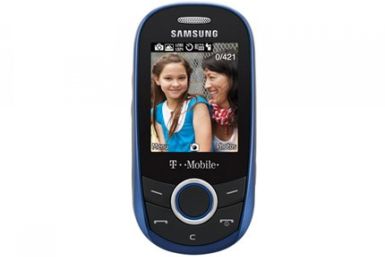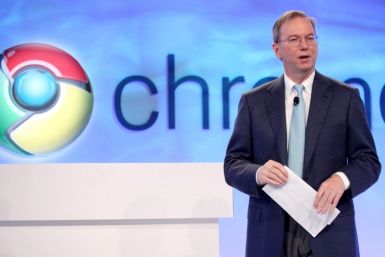Microsoft continues to decline in the smartphone platform market in the U.S, while Google's Android is pulling away from the rest of the smartphone pack, according to new data from market research firm comScore.
With the recent publication by the World Health Organization listing hazardous phones due to radiation level emissions, consumers are now being more careful at selecting smartphones.
The Environmental Working Group, a Washington based organization specialized in research in the areas of toxic chemicals and corporate accountability, has done a great service of compiling a list of major carriers’ phones which measure the SAR levels based on phone manufacturers data from December 2010. Notably, a few brand name manufactures stand out on the list.
The LG Optimus 2X is the first Android phone with 1GHz dual-core processor offering a performance improvement over the smartphones powered by 1GHz single core phones.
According to the latest figures, Canadian company Research In Motion (RIM) has been pushed down to third place from second in the U.S smartphone platform market share ranking according to a comScore report.
Earlier this week, the World Health Organization (WHO) released a report on the possible carcinogenic effects of cell phones, thereby triggering interest about which cell phones emit the least radiation.
Apple iPhone 5 needs to have a critical minimum of features to compete with Android; here are the key areas where Apple is compelled to make changes in the upcoming iPhone 5.
While the media is awash with rumors regarding the next iPhone, Apple is silently working in the background to piece together its next version of iPad 2, the iPad 3.
Australia-based Kogan on Friday released the world’s first Google’s Chromium OS powered laptops.
With a slew of Android phones set to hit market, why is Apple apparently passing up WWDC platform to announce iPhone 5? Also why is it not dealing a sucker punch to Android by announcing superior features iPhone fans have been waiting for? A slew of Android devices slated to hit market this summer have superior features like 4G, NFC and ultra-high resolution cameras.
Samsung has announced an exact date of their Galaxy Tab 10.1 release. It's going to land on June 8, first in New York City.
Samsung Electronics Co said on Thursday it had filed a complaint with the U.S. International Trade Commission against Taiwan's AU Optronics Corp and some of its customers for importing and selling flat-screen devices that it says infringe a number of its patents.
The Supreme Court is considering the fate of litigation against cell phone makers over safety risks, just as the industry comes under more scrutiny in the wake of a health report from the World Health Organization.
The adoption of AMOLED into the iPad 3 is now unlikely, as the display provider and the tablet producer have turned their once friendly relationship to heated pending court cases.
Apple’s compititors have slowed down their production plans in the tablet market as they are unable to catch up with Apple’s iPad sales, JP Morgan said.
Diehard fans of Google will have to wait if they are planning to own a Chrome OS run tablet PC. At the Computex PC show in Taipei on Tuesday, Google announced its plans to stick to Notebook computers for Chrome OS while mobile devices and tablets will be in queue.
Samsung Electronics has asked a U.S. court to force Apple Inc to hand over its next-generation models of the iPhone and iPad in the latest volley in a series of patent infringement suits between the two technology companies.
Samsung and Apple continue squabbling over legal issues.
EU regulators opened on Monday in-depth probes into two takeover bids in the computer hardware sector involving two Asian companies and two U.S. peers, saying it was concerned the deals would reduce the number of rivals.
Samsung is demanding to see Apple's upcoming products as the legal melee between the companies escalates, and the schism between the competing allies widens.
Samsung, which has been accused by Apple of stealing its technology and design has turned the table on its accuser, which is famous for its corporate secrecy, by demanding to see pre-production prototypes of next generation iPhone and iPad so that it can evaluate whether its Galaxy range of devices are confusingly similar to Apple devices.
Qualcomm is best positioned to take advantage of strong secular growth trends in 3G, smartphones and tablets.













![WWDC 2011: Mac OS X, iOS 5, iCloud coins unveiled [PHOTO LEAKS]](https://d.ibtimes.com/en/full/30780/wwdc-2011-mac-os-x-ios-5-icloud-coins-unveiled-photo-leaks.jpg?w=385&h=257&f=236b4af1b96993e3195eb801f5f96ac4)












